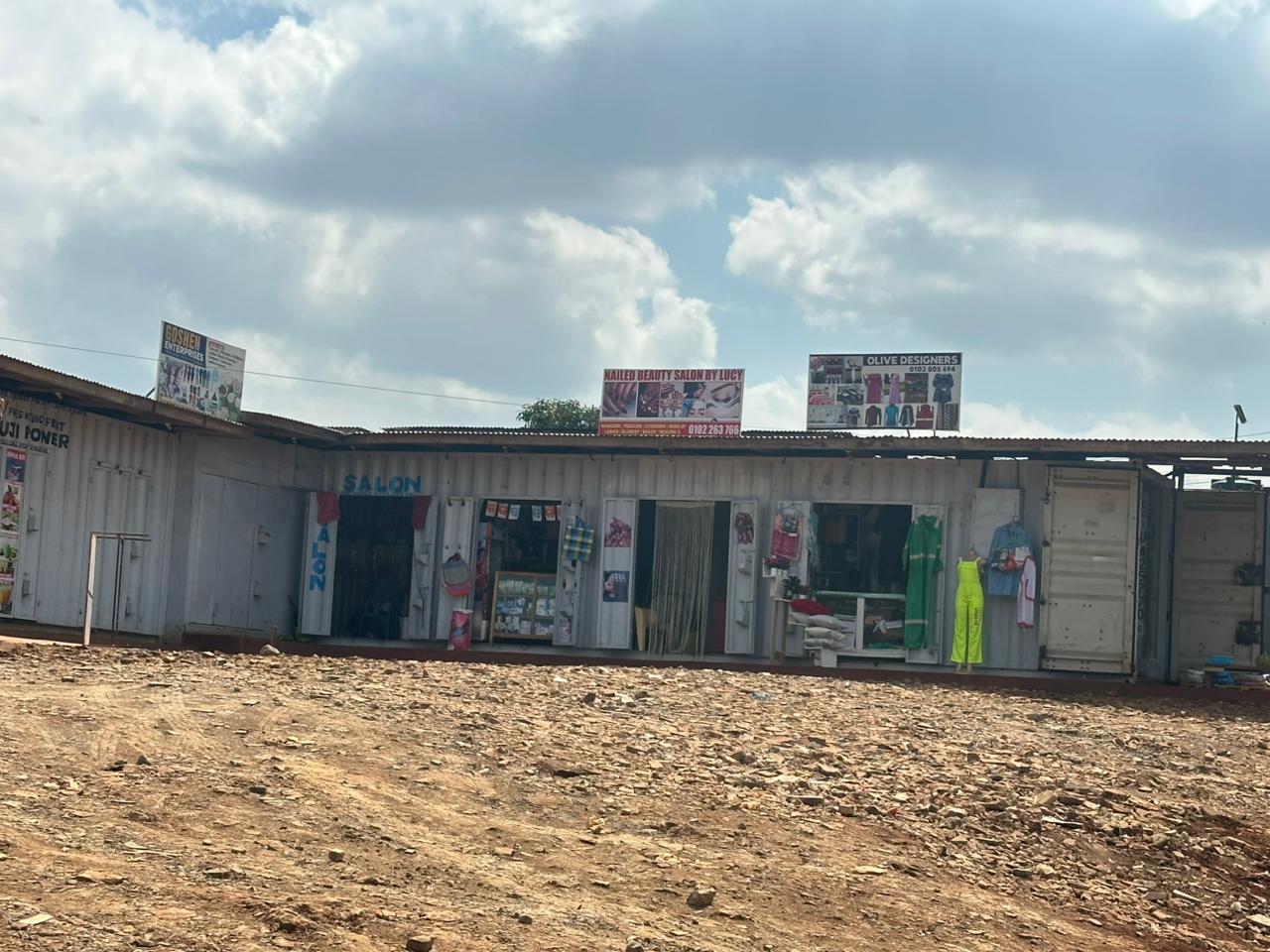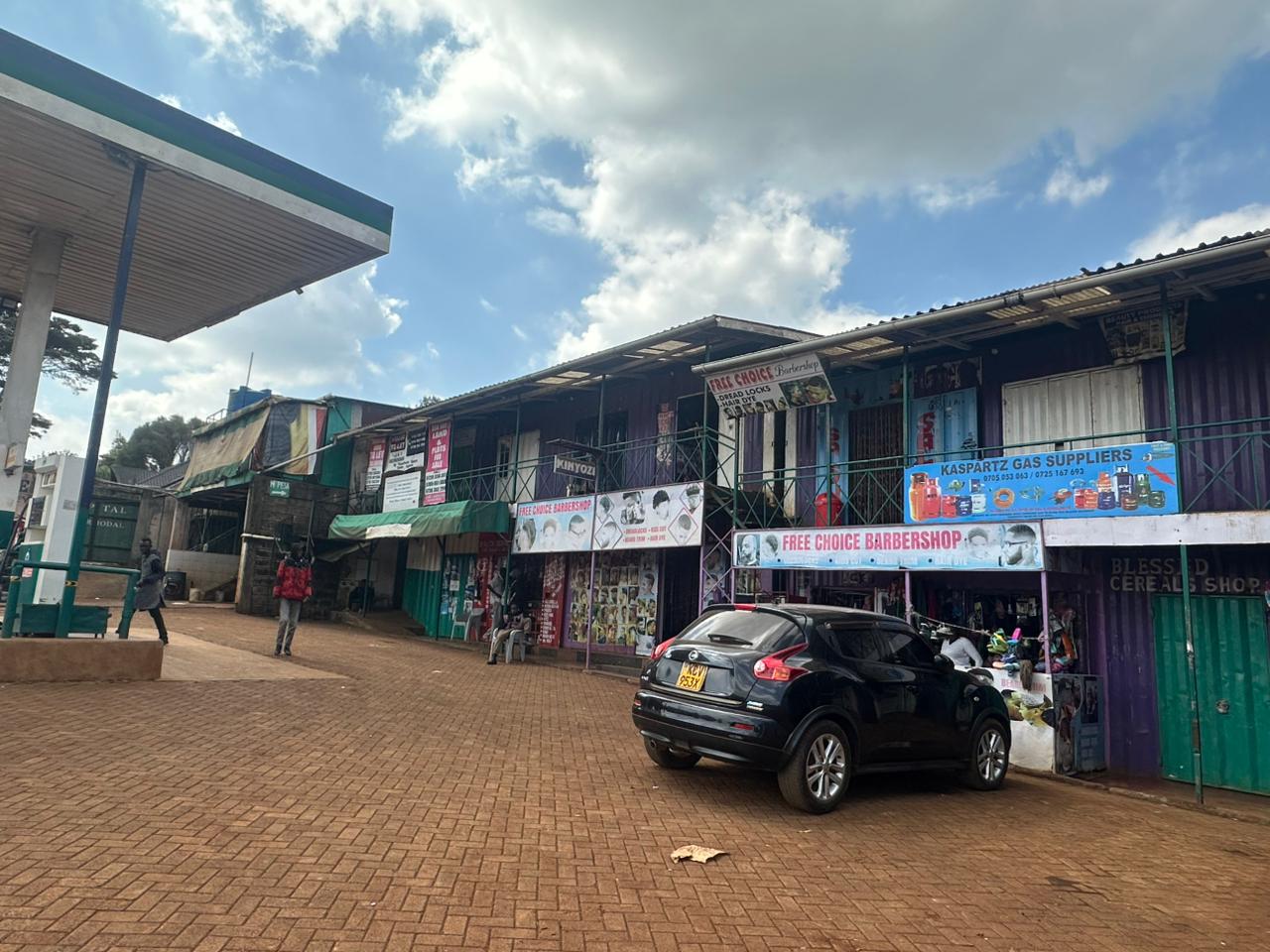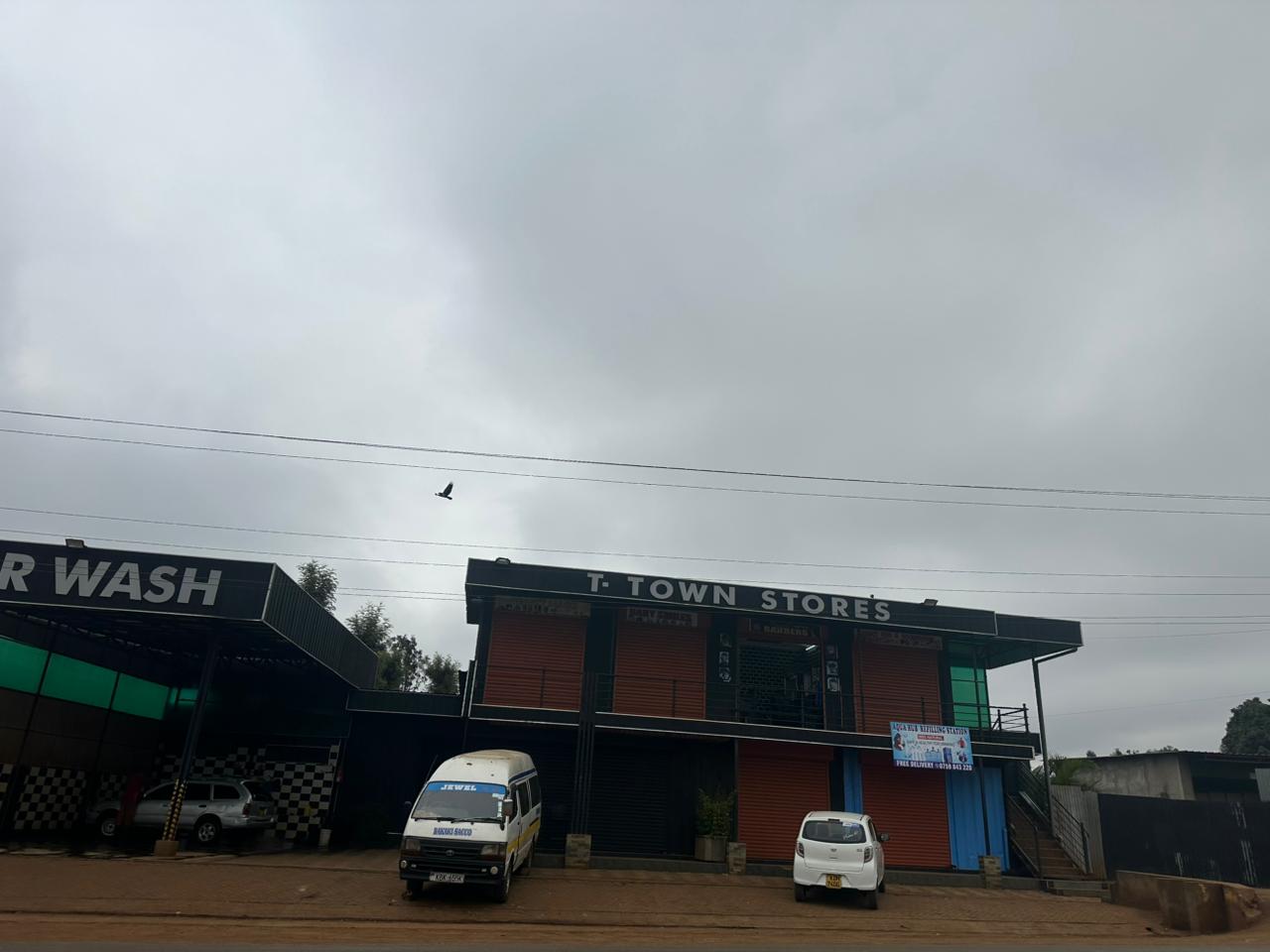
 A one-story business container in Kiambaa, Kiambu county./KNA
A one-story business container in Kiambaa, Kiambu county./KNA
Entrepreneurs across Kiambu County are increasingly turning to shipping containers as affordable alternatives to traditional brick-and-mortar shops, revolutionising the local business environment and creating new opportunities for small-scale traders.
The trend has gained traction as business owners discover the cost-effectiveness and flexibility of container-based establishments, which require significantly lower initial investment compared to permanent stone structures.
Scholar Njambi, who operates a thriving hair salon in a converted container in Ndumberi, said the container model enabled her to start her business with limited capital.
“I couldn’t afford to build a permanent structure when I started three years ago. The container gave me the opportunity to begin immediately without waiting for construction loans,” she said.
The containers are being utilized for diverse business ventures including retail shops, barbershops, hair salons, entertainment joints, and car wash facilities, demonstrating their versatility across different commercial sectors.
 Two-story containers with multiple businesses in Kkanunga village, Kiambu county./KNA
Two-story containers with multiple businesses in Kkanunga village, Kiambu county./KNA
“The steel walls are difficult to break into, and my customers often comment on how modern and professional the setup looks,” he said.
The business model aligns with the county’s efforts to promote entrepreneurship and create employment opportunities for youth and small-scale traders. The innovation of containers has greatly contributed to the creation of more job opportunities, addressing both unemployment and the need for accessible commercial spaces.
A single 20-foot container typically costs between Sh180,000 to Sh250,000, while a 40-foot container ranges from Sh350,000 to Sh420,000, making them significantly more affordable than constructing permanent structures, which can cost millions of shillings.
The containers can be quickly modified and made operational within seven days, compared to traditional construction, which can take several months.
This rapid deployment allows entrepreneurs to start generating revenue almost immediately after securing their business locations.
 Two-storey business container combined with car wash services in Turitu village, Kiambu county./KNA
Two-storey business container combined with car wash services in Turitu village, Kiambu county./KNA
Property owners across the county have embraced the container trend, as it allows them to generate rental income from their land without committing to permanent development.
The temporary nature of these structures provides flexibility for future land use changes or development projects.
Sarah Mbugua, a property owner in Ruaka who rents out container spaces, said the model has proven highly profitable.
“I can accommodate up to five small businesses in a 40-foot container, earning more rental income per square meter than traditional shops. If I need the land for other purposes, the containers can be easily relocated,” she said.
The structures have also proven popular for mixed-use businesses, with some entrepreneurs combining entertainment facilities with car wash services, or retail shops with small cafeterias, maximizing their revenue potential within compact spaces.
Container shops provide the flexibility to relocate entire businesses when better opportunities arise or when land use requirements change, offering entrepreneurs unprecedented mobility in their operations while contributing to the county’s economic growth and job creation initiatives.
















